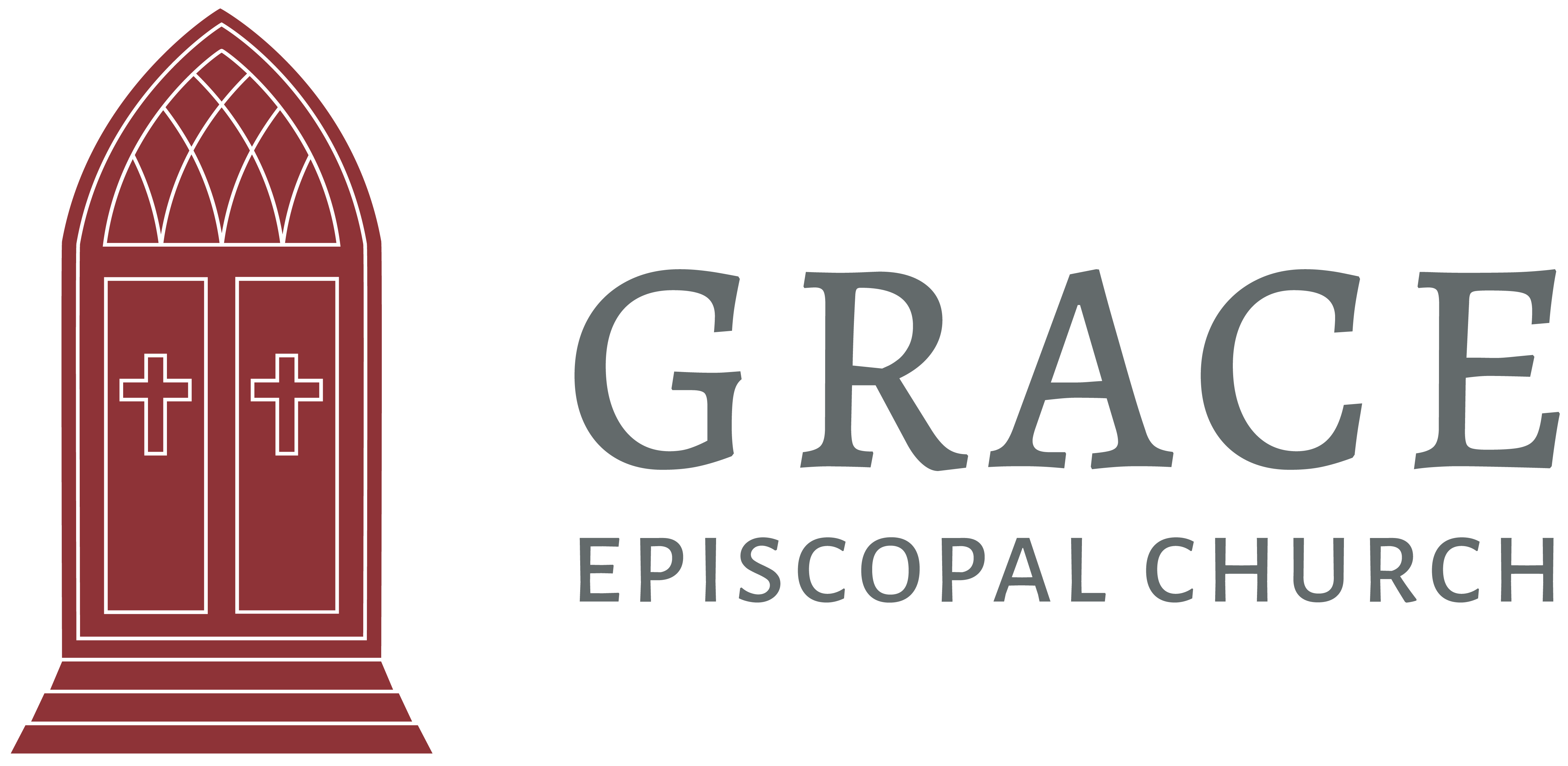Psalm 18; 1 Kings 3:16-28; Acts 27:27-44; Mark 14:12-26
Solomon’s wisdom in action: there is no way, in the absence of DNA testing, for him to have been sure which woman was telling the truth. And, in fact, the text doesn’t even seem to imply that he wasted time trying to do so. There’s no “Solomon studied their faces for clues,” no calling in of neighbors. Nope. Solomon is wise because, in a situation where you can’t be 100% certain, you do the best you can for the most vulnerable person in the situation. That, in this instance, wasn’t the adults, but the baby. And the best for the baby was to be with a mom who (despite having a sketchy lifestyle fraught with problems legal, moral and otherwise) preferred the baby’s life over her own rights.
In loads of situations, we can’t be 100% certain of what the truth is. The world is a cloudy, mysterious place. Like, for instance, in the chaos at Kabul airport this month. Is it possible that some people are getting out who didn’t “earn” the privilege, whose paperwork is forged or stolen? Sure. But wisdom means looking after the most vulnerable people first. Cutting some slack on paperwork in order to get women and kids out–because in a Taliban state, it’s the women and children who will be most at risk. Or in the Church’s handling of sexual misconduct accusations–they’re not always, after all, accurate. But on the whole, I’m proud that the Episcopal Church has tended (not always, but typically) to investigate rather than deny such accusations, even when they’re made against beloved and respected leaders. It is, after all, the people in the pews and not the ones in the pulpits who are most vulnerable to predators, and there are predators of every denominational stripe hanging out in some pulpits.
When you don’t know the answer and maybe never will, wisdom says care for those most at risk rather than worry about the rights of those who have all the power. Which is why Solomon is one wise guy indeed.

